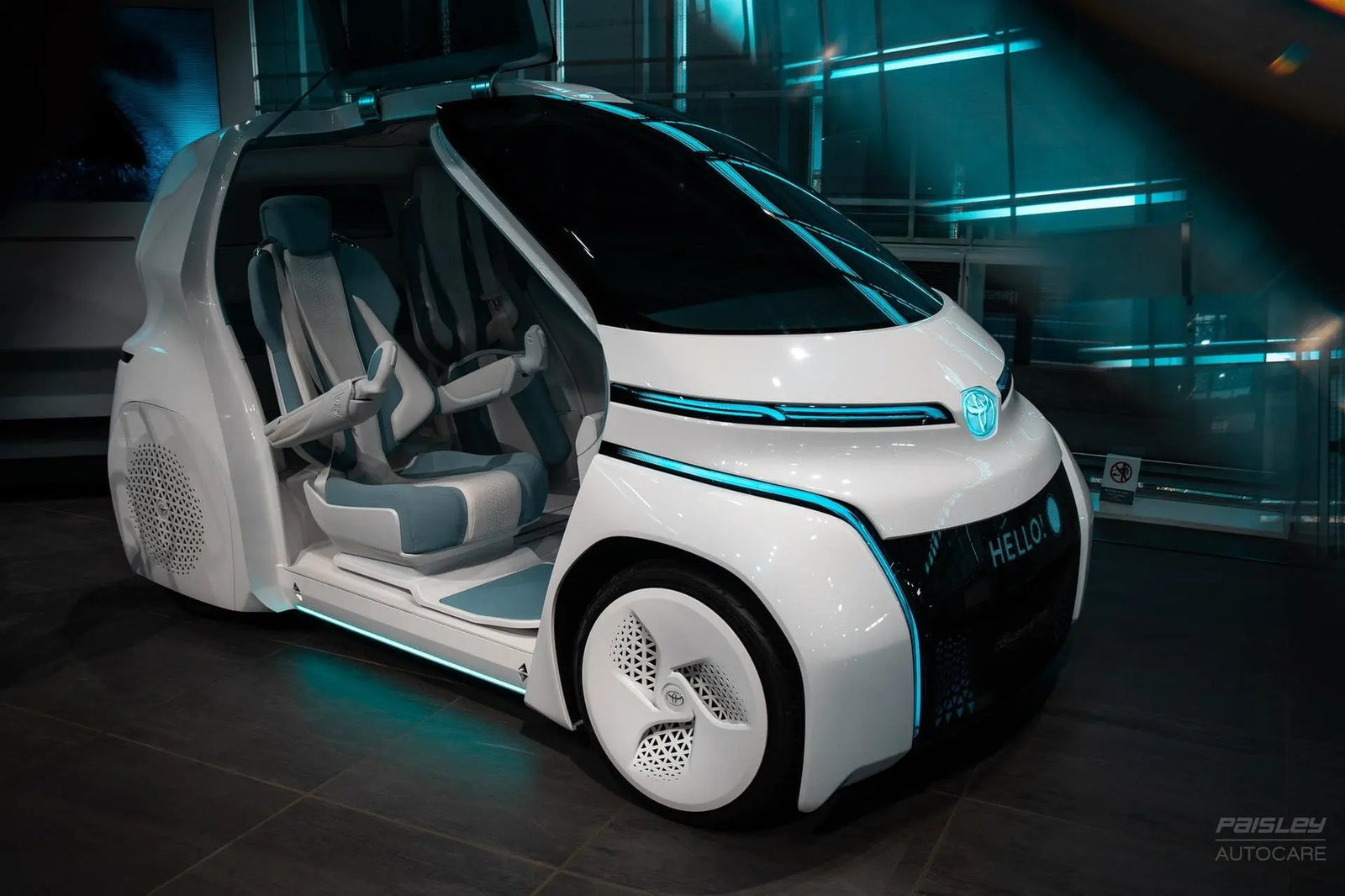The green automotive revolution isn’t “coming” any more, it’s already on our doorstep. As 2020 comes to a close, and the Conservative government of Boris Johnson continues its ambitious Green Plan, the date for the termination of new petrol and diesel car sales has been slashed once again, this time to 2030.
A Green Industrial Revolution

The ban on new petrol and diesel car sales comes as part of a 10-point plan to form what the government is calling its “green industrial revolution.” Besides the sales ban, the plan features an expansion of offshore wind, hydrogen and nuclear energy generation, expansion of zero-emission public transport, planting 30,000 hectares of trees each year and more.
Earlier targets set the year for ending sales of new petrol, diesel and hybrid cars by 2040, which was then brought forward to 2035. With confirmation that petrol and diesel cars will be banned from sale after 2030, the race to create this green infrastructure and get the country ready for the transition just go tighter than ever.
From 1% to Mainstream by 2030
As it stands, fewer than 1 percent of cars on the road in the UK are all-electric models. These EVs make up a small part of a tiny minority of vehicles that fit into the “greener” category, when compared with regular petrol and diesel cars. Even as just about all the major car brands have now released at least one all-electric car model --- some even have multiple offerings --- making the switch to electric has been slow.
Ever since the first deadline of 2040, we’ve known that this switch must be coming, but it seems that the majority of people have expressed a wish to stick with the devil they know until making a switch really becomes necessary. The higher sticker prices of electric vehicles currently are another factor that puts people off.
Local authorities in the UK have been equally sluggish in their moves to encourage and prepare for the impending death knell of new petrol and diesel car sales. According to president of the Automobile Association (AA), Edmund King, only around 6 percent of local authorities have successfully installed residential-area public charging facilities. He claims confidently that “everyone wants to move to electric vehicles” but what’s stopping them is that crucial lack of infrastructure.
If the government wants to achieve that shift, shunting the 1 percent fringe of current all-electric car drivers to being the mainstream norm of society in fewer than 10 years, it seems that many important foundations will still have to be laid and secured:
- Better public charging infrastructure, especially for those who won’t be able to charge at home (estimated by King as a third of drivers)
- A better supply of electric cars to meet rising demand
- Affordable sticker prices on those cars
Costs Vs. Jobs Created

Far from being a mere token gesture, Prime Minister Boris Johnson believes that this green industrial revolution could generate a quarter of a million new British jobs. There are some doubts, however, about the proposed budgets for the next 9 years of investment into this plan, with some claiming that it won’t be enough to achieve the goals that have been set out.
Business Secretary, Alok Sharma, has confirmed that the amount to be spent will total some £12 billion, but analysts have pointed out that this is not all new investment. It seems that only £4 billion of that total is new money, and includes £1.3 billion for public EV charging infrastructure across England. A further £1.1 billion is planned for assistance to help people buy EVs and other low-emission vehicles, as well as producing EV batteries en masse.
The opposition Labour party claims that the plan doesn’t go far enough, but the Committee on Climate Change has welcomed it. This independent organisation advises the government on green policy, and while they support the plan as laid out so far, their chief executive, Chris Stark, claimed that there was still no “road map to achieving it.”
Following Up

There has certainly already been progress both in EV sales and with automakers embracing the impending new reality. In 2020, almost 76,000 new electric vehicles have been sold, which represents 5.5 percent of the grand total of 1,384,601 units sold. That’s already a huge increase --- 168.7% if you do the maths --- and has prompted some producers to scrap new petrol and diesel designs early.
Luxury car giant, Bentley, has confirmed that from 2030 it will only sell only electric cars, and Volvo has gone one better by saying that it will only sell all-electric of PHEV vehicles from 2025. Jaguar Land Rover demonstrated their own commitment to the goals by releasing the world’s first electric crossover SUV, the I-Pace back in 2018. More budget-friendly models like the Hyundai Kona Electric and the Kia e-Niro are helping to further strengthen the appeal of electric vehicles.
Conclusion
The age of electric is an inevitability, and one that will be upon the British public much faster than they ever imagined. It’s time for everyone to get clued up on what it means to make that all-important switch.




